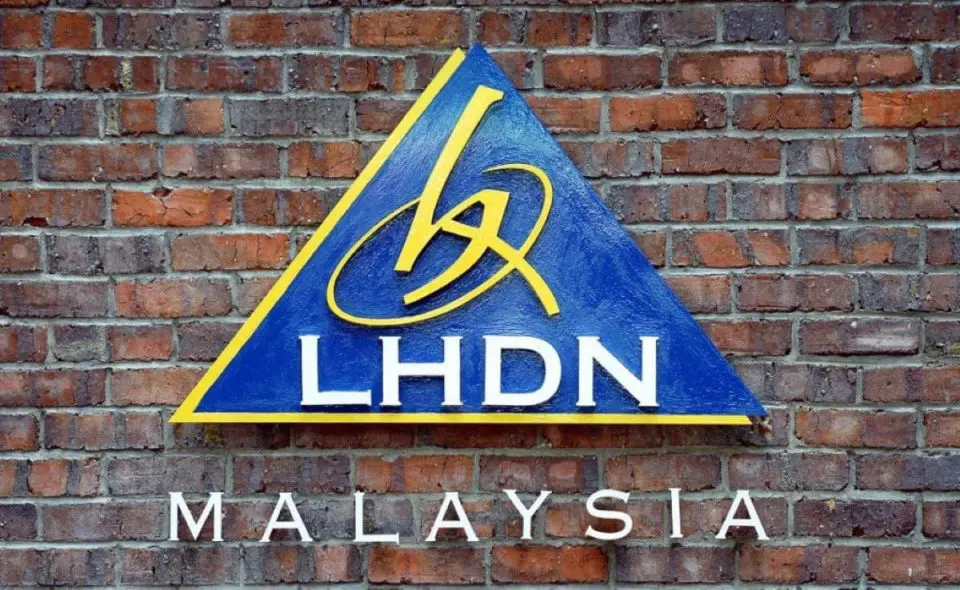KUALA LUMPUR, Dec 27 — The Inland Revenue Board (IRB) is calling on the public to take the opportunity to voluntarily come forward and declare their individual, business, or additional incomes that have not been reported before.
IRB Director of the Policy Operations Section Rasyidah Che Rosli said the opportunity is still available under the ongoing Special Voluntary Disclosure Programme (SVDP) 2.0 for the Year of Assessment 2022 and the preceding years of assessment.
Those who voluntarily come forward during the SVDP 2.0 period, from June 6, 2023, to May 31, 2024, will not face any legal actions, including penalties and audit examinations.
“Do not hesitate to declare your income because this is the last chance for the public to be spared from any legal actions.
“The government is also actively implementing the electronic invoicing or e-invoicing system, starting with the first phase for taxpayers with annual income or sales exceeding RM100 million and above, from August 1, 2024.
“So, this is the best time for taxpayers to settle their tax matters before we start implementing the e-invoicing,” she said as a guest on Bernama TV’s ‘Apa Khabar Malaysia’ programme today.
In the 2023 and 2024 national budgets, Prime Minister Datuk Seri Anwar Ibrahim announced the implementation of the e-invoicing system will involve all taxpayers, and full implementation will commence on July 1, 2025.
The system aims to enhance the efficiency of Malaysia’s tax administration in supporting digital economic growth.
It is also in line with the strategies of the 12th Malaysia Plan (12MP), with a focus on strengthening digital service infrastructure and tax administration digitalisation.
Rasyidah added the shift from manually issued invoices to electronic invoices (e-invoicing) would bring many benefits to taxpayers, including enhancing the digital capabilities of businesses by reducing errors in record-keeping.
It can also assist in submitting tax returns, as all information can be streamlined through e-invoicing.
“IRB will develop two platforms or mechanisms for sending e-invoices, with the first being the MyInvois portal that can be accessed for free by all taxpayers, and the second, the Application Programming Interface (API), where data can be sent in real-time for business-to-business (B2B), business-to-consumer (B2C), and business-to-government (B2G) transactions.
“At the same time, IRB will verify the data submitted in real-time. So, there is no business interruption for businesses to operate as usual,” she said.
For individual taxpayers, the e-invoicing system would help in storing records like receipts and related documents digitally.
“For example, if you purchase a laptop and receive an e-invoice, the IRB can populate that purchase date in your tax statement form.
“So, when you do e-filing, the IRB already knows about the allowable expenses for tax relief (such as the stated laptop) because it will be recorded, and taxpayers no longer need to worry about keeping physical receipts,” Rasyidah said.
The second phase of e-invoicing implementation will begin on January 1, 2025, targeting taxpayers with annual income or sales between RM25 million and RM100 million, and subsequently, it will be implemented for all taxpayers on July 1, 2025.
— Bernama





